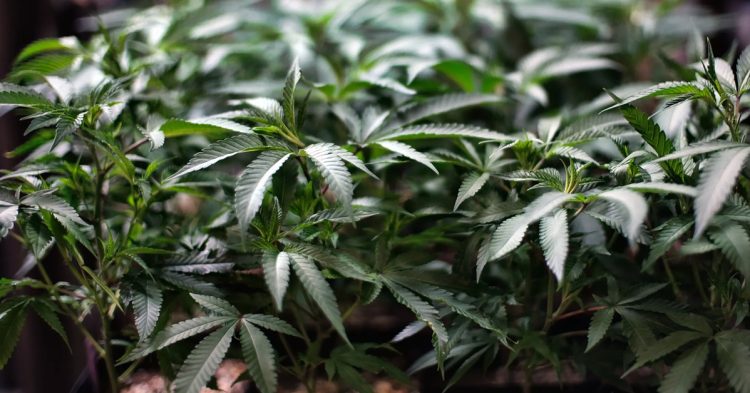A bill to establish the Mississippi Medical Cannabis Research Program at the University of Mississippi has been signed into law by Governor Tate Reeves.
“The Mississippi Medical Cannabis Research Program represents a remarkable opportunity to enhance scientific understanding, improve patient outcomes, and ultimately benefit individuals across our state and the nation,” said Robert Welch, director of the university’s National Center for Cannabis Research and Education.
The new law creates an advisory board that will oversee the program’s research, ensuring it meets regulatory standards and guiding its strategic direction. The program will explore therapeutic uses for cannabis, with the goal of making medical cannabis information more accessible to health care providers, patients, caregivers, law enforcement, and policymakers.
Key Authors of the Legislation:
- Senator Kevin Blackwell
- Senators Reginald Jackson, Rod Hickman, Sarita Simmons, and Nicole Boyd
Senator Nicole Boyd highlighted the importance of the program, stating, “The National Center for Cannabis Research and Education will help ensure that Mississippi continues to lead in natural products research. I am proud of the University of Mississippi’s commitment to research excellence.”
The University of Mississippi has a long history with cannabis, spanning more than 50 years. For much of that time, it was the only institution in the U.S. authorized to grow marijuana for scientific purposes, under contract with the National Institute on Drug Abuse (NIDA).
However, concerns over supply and quality led to calls for other organizations to participate in cannabis research. In 2022, the Drug Enforcement Administration (DEA) authorized additional manufacturers to produce cannabis for research, ending the university’s monopoly.
Under international law, the U.S. federal government is the sole agent allowed to provide marijuana for research purposes, as stipulated by the 1961 Single Convention on Narcotic Drugs and the 1970 Controlled Substances Act. Today, the DEA is the designated agent, rather than NIDA.
The university continues to cultivate cannabis, with typical outdoor growing seasons producing more than 500 kg of plant material, while indoor seasons yield about 10 kg. This material is processed to meet the standardized requirements of various research protocols, ensuring it adheres to the legal and safety standards set by the DEA and the Food and Drug Administration (FDA).









